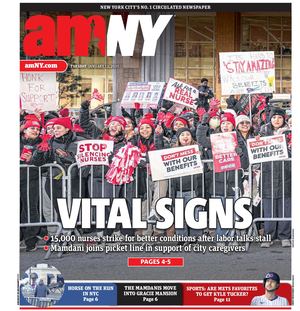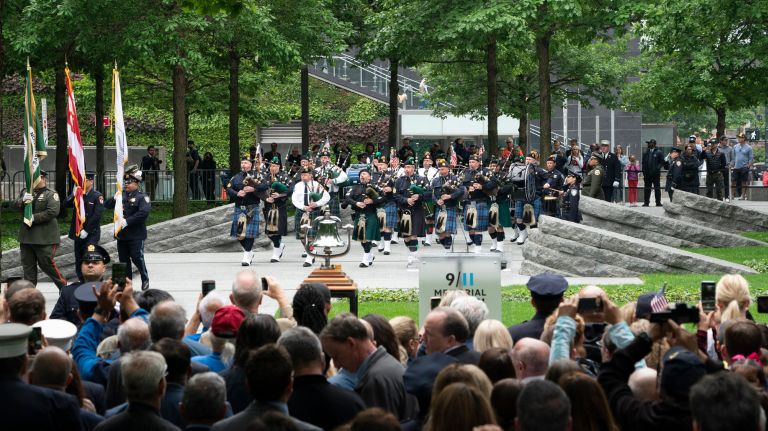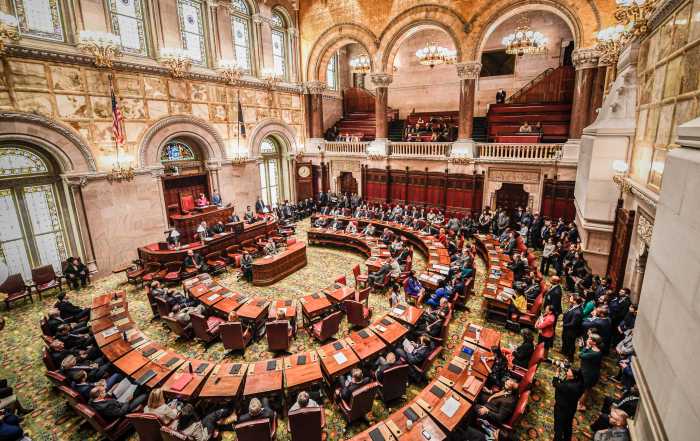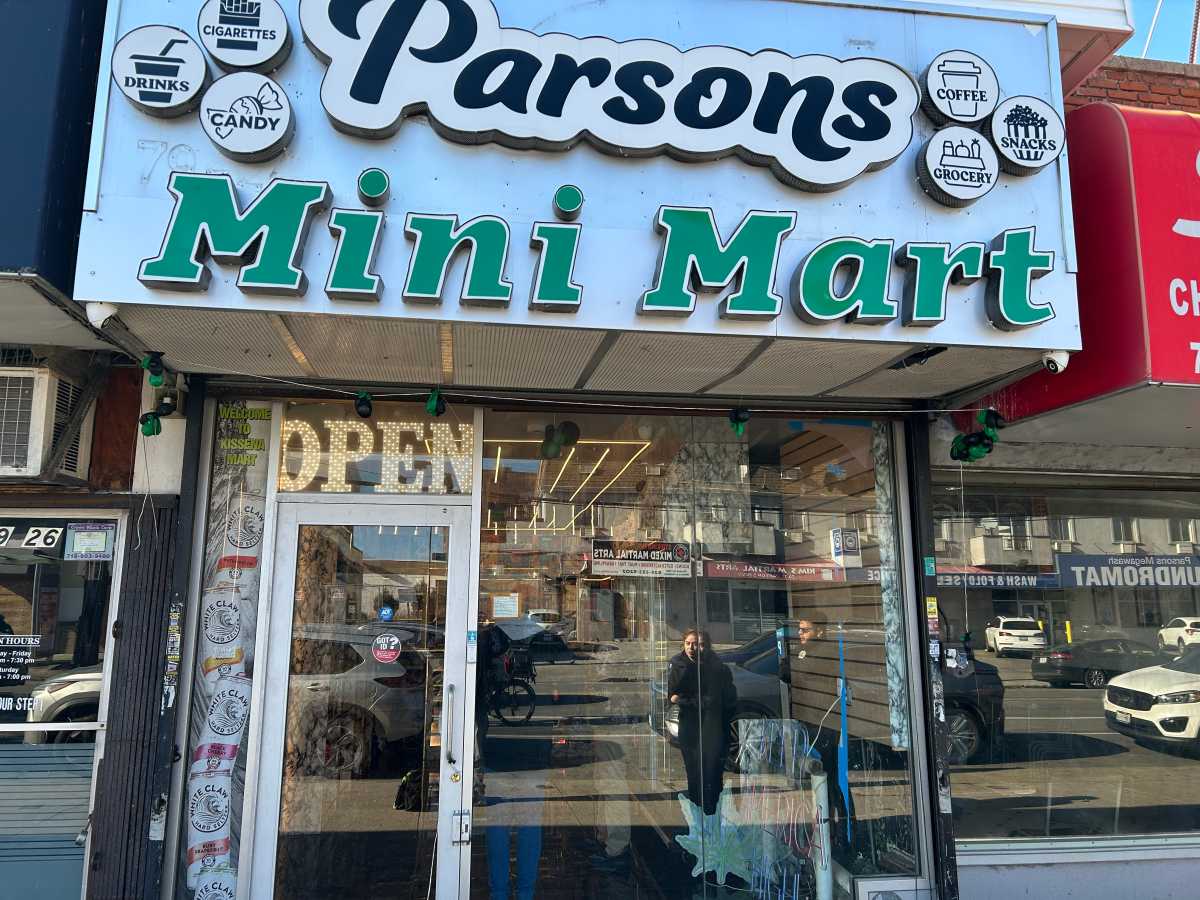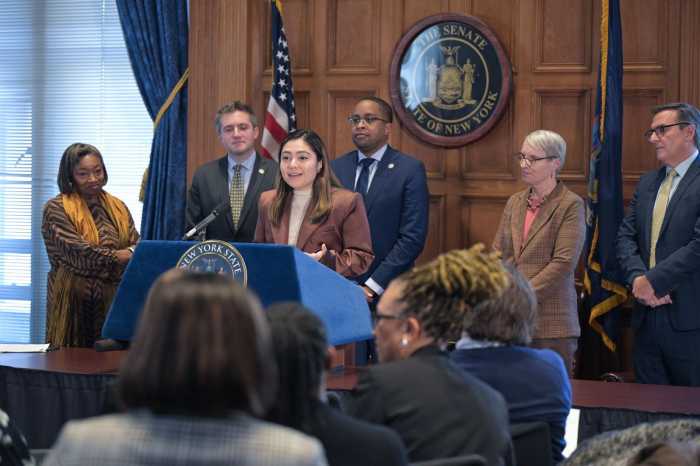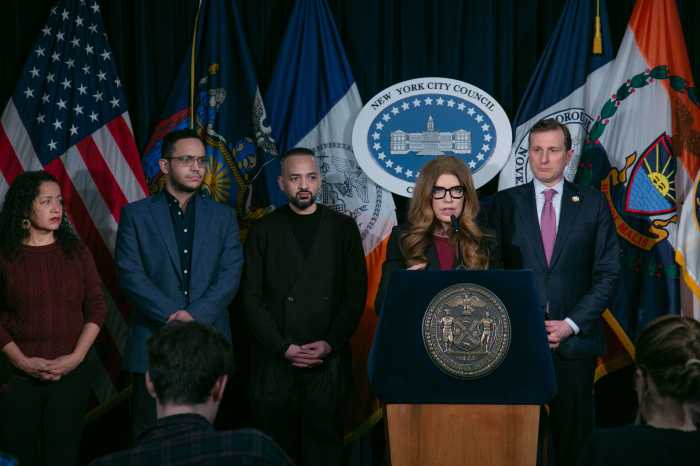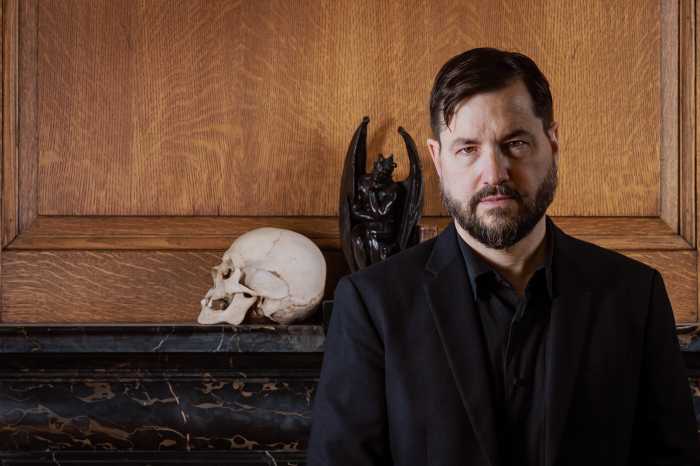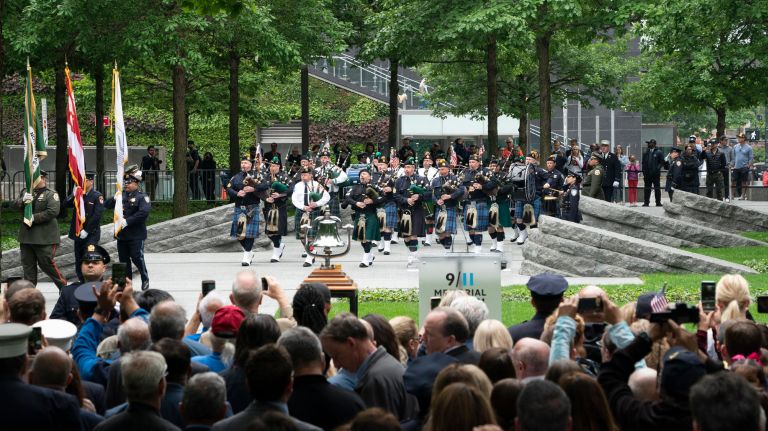
With each anniversary of the 9/11 terror attack, something slightly shifts. Last year was the first time military recruits born after that day could enlist and be deployed to Afghan warzones, for a war that’s still not over. This fall, the 18th anniversary, finds the campus arrival of the first college class born after the attacks.
Historian and journalist Garrett Graff acknowledges these shifting anniversaries and their capacity for fresh wounds in the author’s note to his new oral history of 9/11, “The Only Plane in the Sky.”
“Collectively, these narratives help make sense of a day that we, as a country and as a people, are still trying to process,” Graff writes.
Dipping into this heartwrenching, 400-plus page compendium shows why New Yorkers are still processing that day when nearly 3,000 were killed.
There are the interviews with survivors and victims’ relatives, like the woman whose husband was trapped by flames on the 105th floor, who reached her by phone in his last minutes. She could tell it was getting harder for him to breathe and she asked whether it hurt. Her husband paused, and then lied: “No.”
Or two firefighters talking on Cedar Street that day, one with a daughter who worked on the 109th floor. “You don’t think she made it, do you, Paul?” he asked.
Here is a short and spare tragedy as potent as any epic, from Cantor Fitzgerald chief executive Howard Lutnick: “My brother, Gary, was in the building. Later that night, when I spoke to my sister, she told me that she spoke to my brother. She had said to him, ‘Oh my God. Thank God you’re not there.’ He said, ‘I am here, and I’m going to die. I wanted to tell you I love you.’ He said goodbye.”
All those memories of awful pathos of those fleeing Lower Manhattan, along blocks where thousands stroll every morning, today. The enduring weight of the flood of police and paramedics and first responders who went toward the fire, including a Fire Department that lost “4,400 years of combined experience,” says an assistant chief, regarding the department’s 343 dead.
There are lighter moments among the collected memories: a Pizzeria Uno bartender seeing people banging on the glass to be let in, answering reflexively, “We don’t open until 11:30.” The guy who broke into a yacht along the waterfront, found the keys, ferried hundreds of people to New Jersey over multiple trips. That was part of a “makeshift, unorganized armada of more than 130 ferries, pleasure yachts, sightseeing vessels, Coast Guard and police vessels, fireboats, and tugboats” who by the end of the day had evacuated hundreds of thousands of people in a maritime rescue larger than Dunkirk, Graff notes.
There were the brothers escaping the towers who stopped at a deli, the deli owner saying “Take everything. Take water. Take whatever you want.”
Of course this is the spirit of the day that has become familiar. Like FDNY Chaplain John Delendick being asked by a police officer in the thick of it, “Father, can you hear my confession,” and Delendick tells him, “This is an act of war, so I’m going to give everyone general absolution.”
Assembled here in Garrett’s work are disparate anecdotes of the abandoned cars in the parking lot of a New Jersey commuter train town where the drivers didn’t return that night; and the sight of fighter jets going over the Brooklyn Bridge prompting one woman to wonder whether the jets were “ours,” or not.
And, vividly, the way that rescue workers found the last survivor to come out of the pile, after shouting and struggling to pinpoint her voice. The bodies of dead firefighters were scattered around, but nothing else living. “Out of the rubble came her hand,” says Paul Somin of the FDNY’s Rescue 2. “Immediately I grabbed it.”
Are these memories any less stark for having occurred 18 years ago? Will they be at 20? 25?
One news correspondent is quoted saying to his photographer, “I’m so thankful this day is over.”
The photographer laughs. “This will never be over for you,” he says. “There will always be the six-month anniversary, the one-year anniversary, the five-year anniversary, the 10-year anniversary.”
“You’ll be talking about this for the rest of your life.”
